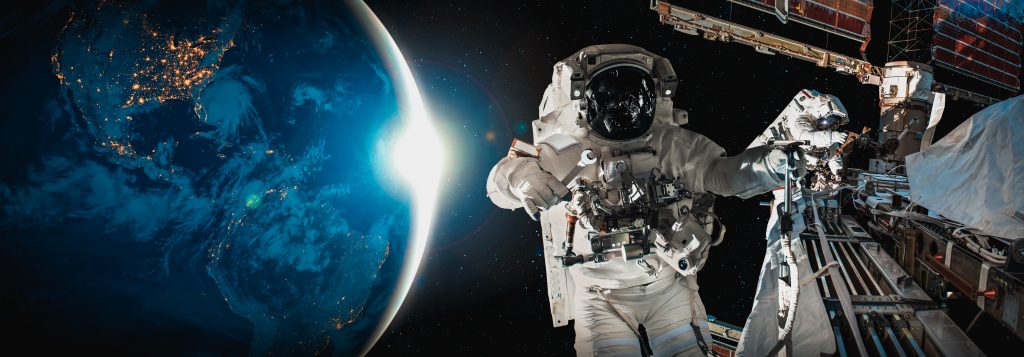By SINEAD O’SULLIVAN – Space and Defence economist, Boston

President Trump’s fiscal year 2026 budget proposal would slash NASA’s funding from roughly $25bn in 2025 to just $18.8bn—a reduction of nearly 25%. Science programs would bear the brunt, with nearly half of all Earth‑ and space‑science missions on the chopping block. Such deep cuts threaten more than rocket launches and planetary probes; they jeopardise a unique arena of international diplomacy that underpins peace and security on Earth.
When nations collaborate in space, such as pooling resources to build satellites, sharing observational data on climate and disasters, and coordinating complex missions, they forge personal and institutional ties that transcend politics. The 1975 Apollo–Soyuz Test Project, which paired American and Soviet crews in orbit, helped thaw Cold War mistrust by fostering technical teamwork and open lines of communication.
“The proposed 25% budget cut isn’t merely a fiscal adjustment; it’s a strategic retreat from an arena where science and diplomacy intertwine to promote stability.”
Today’s International Space Station (ISS), orbiting 250 miles above Earth, remains a beacon of cooperation among the US, Russia, Europe, Japan, and Canada—nations that often find themselves at odds on terrestrial disputes.
By curtailing NASA’s international science portfolio—joint research, shared ground stations, and collaborative technology development—Washington would erode these stabilising influences. Fewer joint workshops and data‑sharing agreements mean that diplomats and military confidence‑builders lose vital back‑channels. This atrophy of trust can accelerate an arms‑race mentality: if space shifts from a cooperative domain to a zero‑sum contest, countries may feel compelled to develop counterspace capabilities—anti‑satellite weapons, jammers, or cyber tools—to protect or challenge orbital assets.
Moreover, space underpins Earth’s critical infrastructure: GPS navigation, global communications, and climate monitoring. Cooperative forums yield shared space‑traffic coordination protocols and collision‑avoidance systems. Withdraw from these forums, and the risk of debris‑inducing collisions—and the geopolitical crises they spark—rises sharply.
The proposed 25% budget cut isn’t merely a fiscal adjustment; it’s a strategic retreat from an arena where science and diplomacy intertwine to promote stability. In an era of rising great‑power rivalry and complex global challenges, sustaining—and even strengthening—international space science and exploration is not a discretionary luxury but a cornerstone of peaceful coexistence on Earth.
 Sinéad O’Sullivan is a Research Fellow at the US Center for Climate and Security. She is also a Senior Researcher at Harvard Business School and teaches at the Faculty of Aerospace Engineering of the Illinois Institute of Technology. Her work focuses on the intersection of technology, geopolitics and complexity science.
Sinéad O’Sullivan is a Research Fellow at the US Center for Climate and Security. She is also a Senior Researcher at Harvard Business School and teaches at the Faculty of Aerospace Engineering of the Illinois Institute of Technology. Her work focuses on the intersection of technology, geopolitics and complexity science.
© Matthew Guillory


